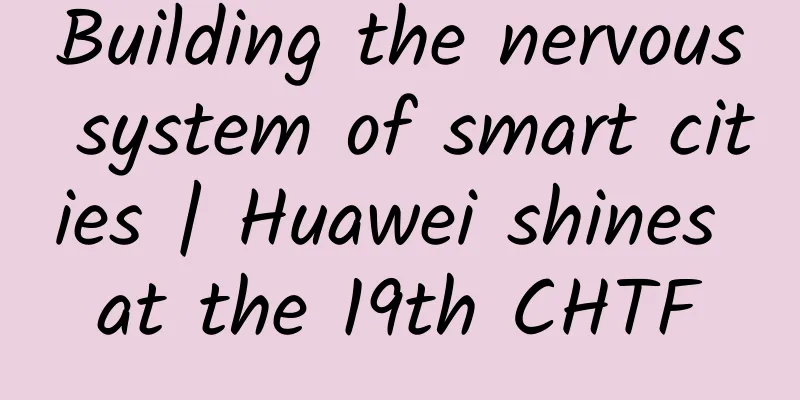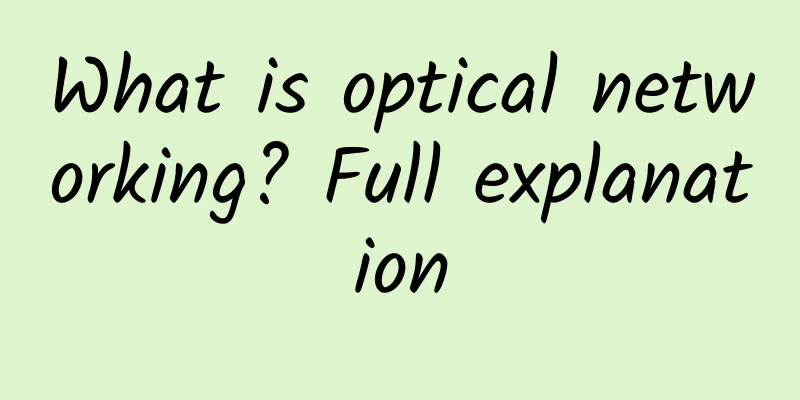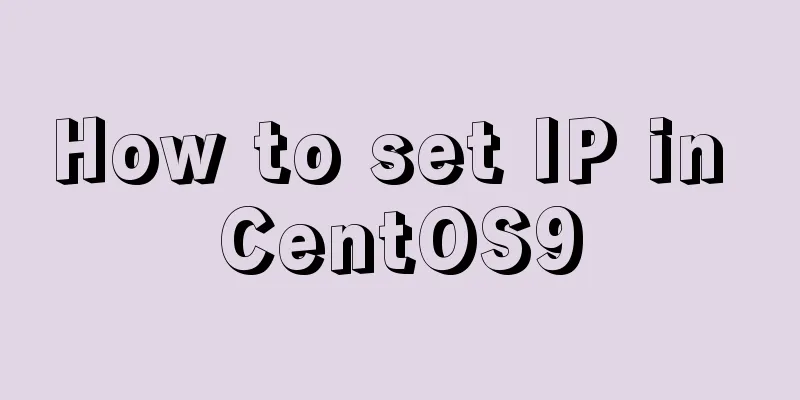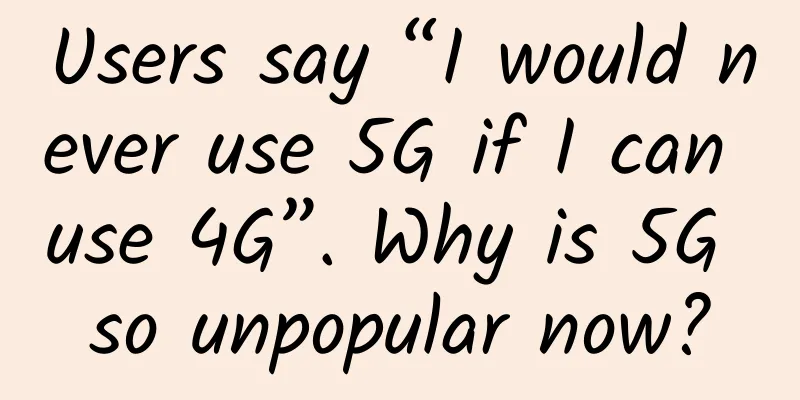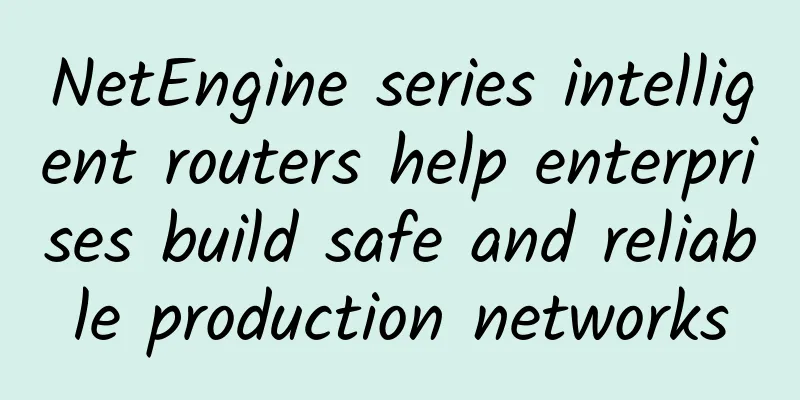Huawei aims to be a smart city incubator providing basic energy
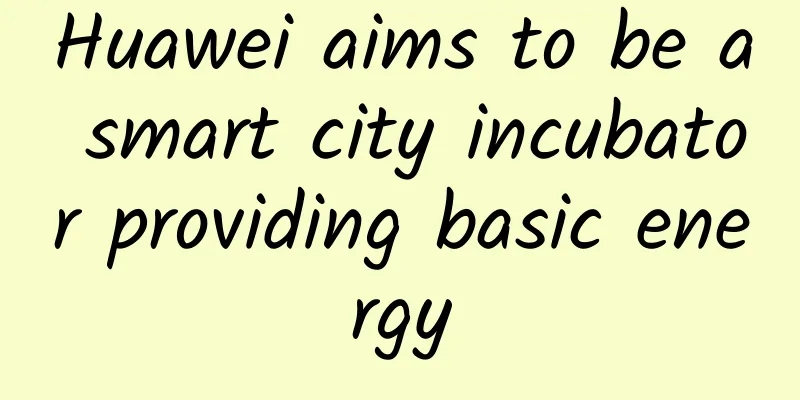
|
During the just concluded National People's Congress and the Chinese People's Political Consultative Conference, the concept of "city cluster" has once again become a hot word. From the "Belt and Road Initiative", the coordinated development of Beijing, Tianjin and Hebei, the construction of the Yangtze River Economic Belt, to the promotion of the development of the Guangdong-Hong Kong-Macao Greater Bay Area city cluster, this series of major national strategies all point to the development plan of city clusters. In line with this, the goal mentioned in the 13th Five-Year National Informatization Plan is to support megacities to benchmark against international advanced levels and build a global smart city cluster. According to the 13th Five-Year Smart City Construction Plan, by 2018, 100 new model smart cities will be built in a hierarchical and classified manner; by 2020, new smart cities will form ubiquitous public services, transparent and efficient online government, integrated and innovative information economy, precise and detailed urban governance, and a safe and reliable operation system.
How should such a huge urban operation system be deployed? What changes can smart cities bring? In the army of smart city construction, how to provide a package of solutions that integrate the strengths of various parties and realize service sharing? At the Huawei China Ecosystem Partner Conference 2017 which just ended not long ago, the reporter interviewed many participants and witnesses of smart cities. They shared their experiences and insights in practice with the reporter and talked about their ideas for smart city construction. There were many highlights, which made the reporter truly feel the power of China in the development of smart cities. Why build a smart city? Why should we build smart cities? This is a question Yang Ping, vice president of Huawei Enterprise BG China, asked reporters. It is also a question he asks himself from time to time.
Remote consultation can not only relieve the pressure of medical treatment, but also improve the utilization rate of professional medical resources. He shared a story. In February 2016, Yang Ping visited the telemedicine system of the First Affiliated Hospital of Zhengzhou University in Zhengzhou. At that time, a doctor was having a remote consultation with a patient in Mianchi County. With the telemedicine comprehensive service platform built by Huawei, the First Affiliated Hospital of Zhengzhou University can conduct 150 remote consultations every day, which not only alleviates the current situation of difficulty in seeking medical treatment in large hospitals in big cities, but also leaves high-level professional medical resources for patients who need them more. At that time, Yang Ping clearly realized that although people's discussion of smart city construction cannot be separated from the support of high-tech, the fundamental purpose of building a smart city is by no means technology-first. "Technology serves the business and is inseparable from the essence of people-oriented. No matter how high-tech, the ultimate goal is to create value for smart city customers." So what changes will the built smart city bring to the city? Yang Ping also gave an example: Dunhuang is a historical ancient city on the western border of China. When the entire city has wireless coverage and a tourism big data platform is built, it can not only accurately analyze the characteristics of regional tourists, but also improve service capabilities. In just one year, the number of tourists in Dunhuang increased by 32% year-on-year, from 5 million to 6.6 million. It was also nominated for the City Award at the 6th Smart City Expo held in Barcelona in 2016. Only five cities in the world were selected for this award. Compared with enhancing the city's influence, smart cities are more important to make people's lives more secure and convenient. Taking smart policing as an example, customers said there is only one criterion, that is, whether the crime rate is reduced after the deployment of smart cities. Taking Longgang as an example, relying on Huawei's police cloud big data platform and the intelligent analysis capabilities of video big data, the crime rate of Longgang's smart police system has dropped by 29% since it went online. "Huawei's vision for building smart cities is to drive local industrial and economic development through smart cities, so that every resident in the city can receive better and more convenient public services. We also hope to see more and more practical applications through the efforts of Huawei and its ecosystem partners," Yang Ping concluded. Born out of Gathering, the long tail effect is put into practice How to work together to provide better services for smart cities, Shenzhen Taiji Cloud Soft Technology Co., Ltd. Chairman Cha Shuheng has a lot to say about this. He said that the ecosystem is a circle oriented towards development, whether it is the overall ecosystem, the big data ecosystem, or the smart city ecosystem, everyone contributes to it together.
Whether the crime rate is reduced is an important criterion for measuring smart policing As mentioned above, Longgang Smart Police is a service provided by Taiji Cloud and Huawei. In terms of government cloud, Taiji Cloud and Huawei can cooperate on more levels, including terminal applications in addition to core applications. For example, Taiji Cloud will deploy applications on Huawei phones in the future, so that customers of smart cities can not only handle official business, but also navigate. Zha Shuheng said that there are many more collaborations like the one with Huawei. "Now when we talk about cooperation, it is no longer just the old concepts of system integration, equipment integration, and network integration, but cooperation in the cloud, from cloud, pipe, end to customer experience. "He emphasized that Huawei's concept of "Gathering for Growth" is very good, which not only aggregates various service capabilities of smart cities, but also gathers the cooperation power of Chinese industries. The reporter also noticed that in this exhibition hall, Huawei displayed more than 80 joint solutions with 68 ecological partners. Among them, the display of smart cities was very comprehensive, covering urban transportation, smart medical care, smart education, water management, public safety and other fields. Take urban water management as an example. This is the top priority of urban governance in smart cities, involving water ecology, river management, rain and flood management, etc. Chen Shunqing, general manager of Guangzhou Aoge Intelligent Technology Co., Ltd., said that they used Huawei's IoT technology and application system, and Huawei provided the IoT platform and AR and GNB transmission technology to form a complete solution, which was very popular. In the exhibition hall, many customers who came to the exhibition immediately expressed that they wanted to directly implement this system in order to have the most accurate grasp of water quality, pollution indicators and other data.
Huawei and Ogg jointly developed an urban rainwater management system
A comprehensive platform that can realize driving automation Just as Hong Xiaozhou, the top smart city expert of Huawei Enterprise BG China, said, in the construction of smart cities in the new era, more attention is paid to the citizen experience, and the experience is a state of 360-degree comprehensive perception, in which all aspects will be experienced. Therefore, the construction of smart cities needs to provide a complete experience, which requires many partners and application developers to join in and maximize the long-tail effect. The reporter learned that Huawei has been committed to developing such a platform, through which Huawei's external capabilities related to all products in the ICT field are encapsulated and provided in the form of APIs. All upper-level developers can call all Huawei product-related things through APIs as long as they can connect to such a platform. "Currently, the number of interfaces on the ICT enabling platform has reached more than 5,000," said Hong Xiaozhou. Adhere to the "people-oriented" smart city to truly land In previous TV interviews, many citizens said that although the construction of smart cities has been completed, they did not feel a big change in their real lives. In fact, the fundamental reason for this feeling is that the implementation of many projects did not adhere to the "people-oriented" construction concept. As Cha Shuheng said, after many places realized electronic office, people found that they did not save time and labor costs, because various approvals often required repeated submission of multiple materials. If the smart city sharing system, such as sharing of certificates and licenses, can reduce 35% of repeated submissions, then people will find that it is "easy" to handle business, which means that your project has really landed. Kang Yanwen, executive vice president of iSoftStone Information Technology (Group) Co., Ltd., pointed out that smart cities need to combine cities with industries, develop different applications according to different industries, and ultimately affect different groups of people. For example, they have provided targeted poverty alleviation services. Through this application, they can understand where the poor households are and what the causes of poverty are. After understanding the information, the government can further assist the poor households. In the application of smart counties, iSoftStone cooperated with Huawei to hold a marathon in a county with a beautiful environment, thereby helping the county to tap into tourism resources. Hong Hui, General Manager of Smart City Solutions of Huawei Enterprise Business Group China, said that smart city is a very large system. In terms of future development trend, technologies such as cloud, Internet, and big data are driving the development of the ecosystem. Huawei also has a clear concept in ecosystem construction, which is to build the soil for ICT infrastructure and smart society and provide basic energy to incubate partners. In the future, Huawei will further increase the construction of the ecosystem, conduct joint market expansion, joint marketing, and business opportunity sharing. There will be specific channel incentives and specific corresponding measures to motivate and promote partners and implement cooperation. Hong Hui said that according to the standard system of emerging smart cities that the country has released, Huawei will delve into the fields of government affairs, IOC, government affairs, education, medical care, and intelligent transportation starting from 2017, hoping to unite more and more ecological partners and cooperate sincerely to open up a bright future for new smart cities. |
<<: More intelligent CDN technology, CDN moves towards the 3.0 era
Recommend
How is lisahost? Lisa host US dual ISP three network 9929 line VPS simple test
A few days ago, the tribe shared the product info...
Evoxt's new Japanese VPS starts at $2.99 per month, 512MB/5GB/250GB@1Gbps/Softbank line
I shared Evoxt once in June this year. It is a fo...
Dubbo 3.0? No! RSocket is the eternal god
[[411111]] background The hottest topic in the do...
Summary of Operation and Maintenance Experienced Drivers: 150 Commonly Used Commands
When it comes to operation and maintenance, every...
7 pictures to help you understand the difference between HTTP and HTTPS!
1. Introduction to HTTP Protocol 👨🏫 Interviewer:...
Issues that need to be resolved before NFV large-scale deployment
NFV is a key technology that enables network reco...
How is the VoLTE development of the three major operators?
There are always various opportunities for indust...
Lisa Host: Los Angeles Cera Data Center CN2 High Defense VPS monthly payment starts at 40 yuan, support 2 yuan/day trial
I shared information about Lisa hosts in the midd...
Open wireless, unlimited sharing - Ruijie Wi-Fi supports 2016 Tencent Global Partner Conference
From September 22 to September 23, the 2016 Tence...
Eleven years of Tianyi Exhibition: How China Telecom plans for the future of 5G
In June this year, the Ministry of Industry and I...
Huawei Enjoy 10S review: good-looking, powerful camera, long battery life, a good deal for a thousand-yuan phone
This afternoon, Huawei held a new product launch ...
As the strongest voice in the field of enterprise communications, Youyin Communications has been focusing on this for 13 years!
[51CTO.com original article] Every Sunday at 8 pm...
The big "snowflake" light show at the opening ceremony of the Winter Olympics was foolproof, and it was LoRa that ensured it!
During the just-concluded Spring Festival holiday...
Security advantages and challenges of HTTP3 protocol
HTTP/3 is the third official version of the Hyper...
Report: By 2027, the 5G chip market will be worth $23.5 billion
According to foreign media reports, according to ...
